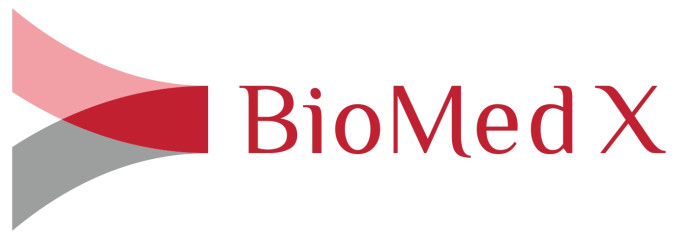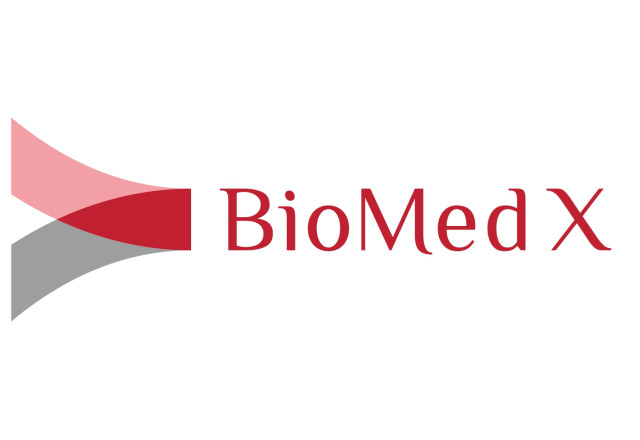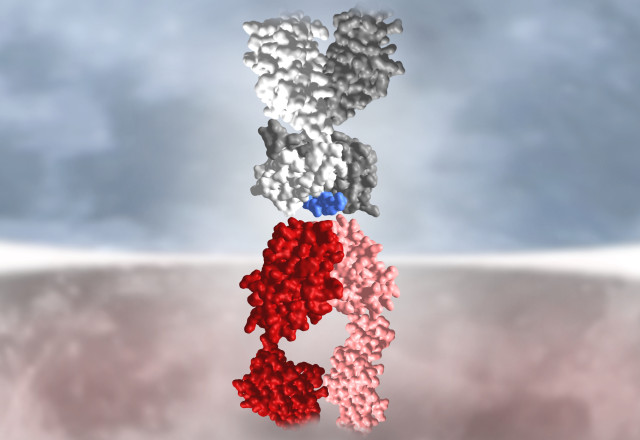Researchers at the BioMed X Institute and the Universitätsmedizin Mannheim just published the results of their collaboration around a new neoepitope vaccine in diffuse midline glioma in Science Advances.
HEIDELBERG, GERMANY / ACCESSWIRE / February 6, 2024 / BioMed X and the Universitätsmedizin Mannheim announced today the publication of two manuscripts in the field of cancer immunology in the journal Science Advances. The work is based on a collaboration between both institutions and researchers at the German Cancer Research Center (DKFZ), the University of Heidelberg, and the Helmholtz Institute for Translational Oncology (HI-TRON). The main objective of the collaboration was to understand the role of specific T cell responses in a patient with an aggressive subtype of diffuse glioma who showed sustained remission after receiving a neoepitope peptide vaccine at the University Hospital Mannheim.

T cells are critical for maintaining human health by eliminating tumor cells from the body - a process that is driven by the specific interaction of unique receptors on the surface of T cells (T cell receptors or TCRs) to mutant peptides (antigens) on the surface of tumor cells. The identification of such cancer-specific antigens and the TCRs that bind them underlies current efforts to develop targeted cancer therapies. Until now, functionally robust high-throughput approaches to this challenge were lacking.
Dr. John M. Lindner and his research team at the BioMed X Institute in Heidelberg designed the T-FINDER platform to solve this problem. The platform, published now in Science Advances, is capable of rapidly screening thousands of potential interactions between TCRs and antigens on the surface of potential target cells for their ability to activate T cells. Driven by a trio of lead scientists (Miray Cetin, Dr. Veronica Pinamonti, and Dr. Theresa Schmid), the team first generated a highly sensitive reporter cell line for T cell activation. This reporter lies at the heart of T-FINDER, which can sensitively read out the specificity of any number of T cell-activating receptors (for example, CAR-T receptors in addition to classical TCRs) and ligands. For the latter, Dr. Pinamonti provided solutions to key aspects of enabling the detection of class II HLA-presented peptides during her PhD thesis work, leading to the development of novel strategies for boosting antigen processing and presentation by the target cell. This class of ligand was, until now, very challenging to investigate experimentally and together with its superior sensitivity form the foundation of T-FINDER's advantages in the field.
In a companion manuscript also appearing today, the team collaborated with a research team led by Dr. Ed Green from the Clinical Cooperation Unit Neuroimmunology and Brain Tumor Immunology (Head: Prof. Michael Platten) at DKFZ and University Hospital Mannheim. The researchers applied T-FINDER to decode the immune response of two diffuse midline glioma patients vaccinated against the H3 mutation that was driving their cancer. Patients receiving the H3-vaccine have shown promising but heterogeneous results, and with the aid of T-FINDER, the two groups could precisely map the functional immune response of a patient in remission to TCRs binding HLA class II-presented epitopes of mutant H3. This work provides key insights into the mechanism of anti-tumor T cell responses in these patients and will support ongoing vaccination studies.
"We are excited about the publication of the results of our collaboration with Ed Green, Michael Platten, and colleagues," said John Lindner, Head of Immunology Discovery at the BioMed X Institute. "Our joint research demonstrated the unique sensitivity, flexibility, and overall performance of our new T-FINDER platform, especially for class II HLA-presented targets, which have always been a challenge in the past."
"Previously, we have been limited in the tools we could use to study class II-presented epitopes such as mutant H3. The T-FINDER platform has enabled us to identify and benchmark dozens of H3-reactive TCRs, allowing us to track patient responses to vaccination today, as well as benchmark TCRs for the autologous cell therapies of tomorrow," said Ed Green, Head of the ImmunoGenomics team in Michael Platten's lab at the DKFZ.
About BioMed X
BioMed X is an independent research institute with sites in Heidelberg, Germany, New Haven, Connecticut, XSeed Labs in Ridgefield, Connecticut, and a worldwide network of partner locations. Together with our partners, we identify big biomedical research challenges and provide creative solutions by combining global crowdsourcing with local incubation of the world's brightest early-career research talents. Each of the highly diverse research teams at BioMed X has access to state-of-the-art research infrastructure and is continuously guided by experienced mentors from academia and industry. At BioMed X, we combine the best of two worlds - academia and industry - and enable breakthrough innovation by making biomedical research more efficient, more agile, and more fun.
About Universitätsmedizin Mannheim
The Universitätsmedizin Mannheim (UMM) stands for quality-assured maximum care, research and teaching. As one of the largest university medical institutions in the Metropolitan Region Rhine-Neckar, it unites two strong partners - the Medical Faculty Mannheim of the renowned Heidelberg University and the University Hospital Mannheim. Every year, the University Hospital offers a wide range of state-of-the-art diagnostics and treatment procedures to around 45,000 inpatients and day patients as well as 170,000 outpatients. In 30 specialist clinics and institutes, around 5,500 employees are involved in patient care, research and teaching at the hospital and the faculty. The Medical Faculty is a recognized partner of renowned research institutions and is currently training around 1,950 medical students in its successful model programme MaReCuM. The scientific profile is shaped by the four main research focus areas of Vascular Biology and Medicine, Oncology, Translational Neurosciences and Medical Systems Technologies.
Contact Information
Flavia-Bianca Cristian
Recruiting & Communications Manager
fbc@bio.mx
+49 6221 426 11 706
Related Images
|
SOURCE: BioMed X Institute
View the original press release on newswire.com.


